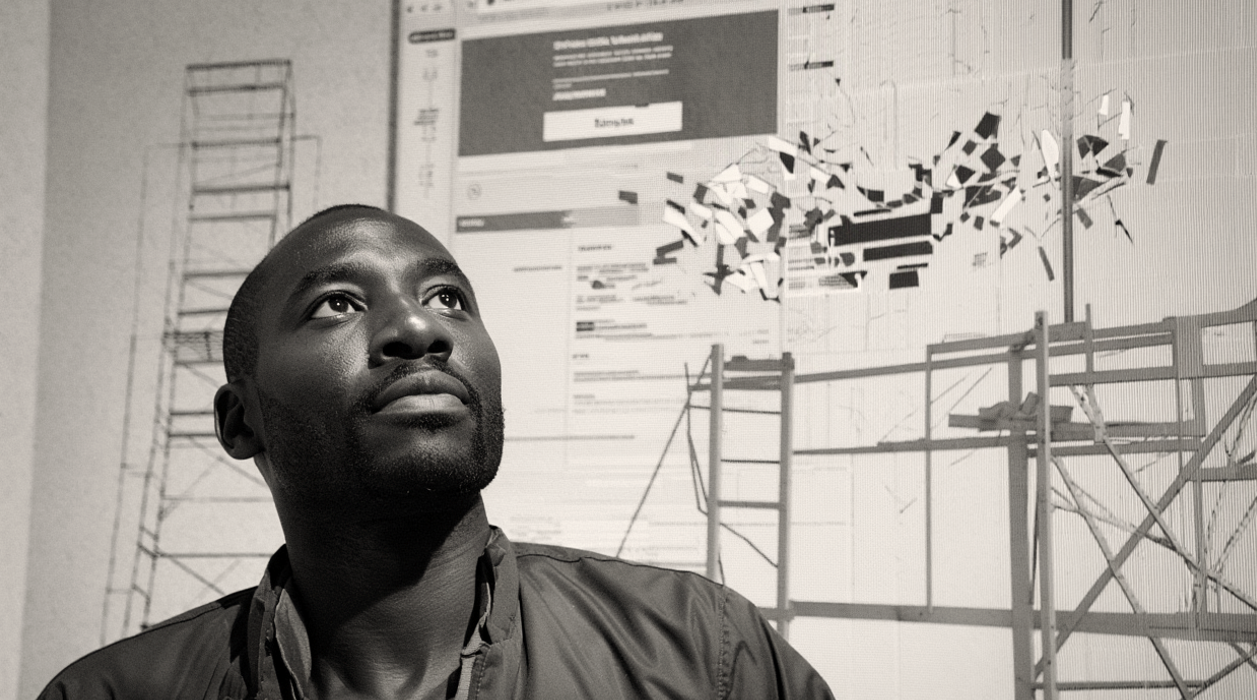How AI Systems Are Collapsing the Knowledge Economy
The Problem Isn’t Hallucination; It’s Disconnection.
We talk a lot about hallucinations in AI, but hallucination isn’t the core problem; that’s a visible glitch, a symptom. The deeper threat is structural; it happens when fluency is mistaken for truth, and the scaffolding that once supported credibility begins to vanish beneath the surface.
The early Internet wasn’t perfect, but it functioned because content had lineage. You could trace ideas to their source. You could evaluate expertise, weigh context, and challenge inaccuracies with visible counterpoints. That structure didn’t guarantee trust, but it gave us the tools to build it. That scaffolding is now disappearing, and the shift isn’t just philosophical, it’s economic.
When Fluency Replaces Origin, Authority Collapses
In today’s AI-powered interfaces, users no longer interact with sources. They interact with summaries, fluid, confident, often plausible, and rarely attributed. The systems are optimized for efficiency, not epistemology. They offer polished responses without revealing what knowledge they’ve extracted, who created it, or how it was transformed along the way.
What results is not insight but performance, and when systems simulate authority instead of demonstrating it, credibility becomes aesthetic. It’s no longer anchored in structure. It’s skinned in style.
Intellectual Capital Is Being Consumed Without Recognition
This erosion is playing out across industries. Analysts who once shaped discourse through deep research now see their frameworks echoed in AI outputs stripped of identity. Journalists and academics find their work paraphrased without citation. Institutions built on rigour, legal, academic, and medical, are watching their intellectual capital disappear into models that remix, flatten, and resurface ideas with no chain of custody. Their work is still being used but no longer recognized, rewarded, or discoverable.
That’s not a moral failure; it’s a market failure.
Why This Breaks the System For Everyone
When attribution disappears, so does the incentive to produce high-integrity work. Investment dries up when the feedback loop between expertise and visibility is severed. When users lose access to the origin, they lose their ability to evaluate what should be trusted in the first place.
Over time, even the best AI begins retraining on its reflection, outputs made from outputs, losing epistemic depth with every cycle. Fluency remains, substance thins, and confidence becomes indistinguishable from comprehension.
This is not a theoretical cliff; it’s an active collapse.
The Strategic Questions Leaders Should Be Asking
If you are leading a company that depends on information, trust, or discovery, whether you run a SaaS product, a media brand, a healthcare platform, or a search engine, you cannot afford to ignore this trend. The strategic question is not: “How do we generate more content?”
It is:
“Do we know what our systems are built on?”
“Can we trace how our insights are being used or misused?”
“Are we optimizing for performance that cannot be audited?”
If your system is indifferent to the source, it will soon become irrelevant to authority, and that is a future in which even the best ideas will disappear.
Rebuilding Trust as Infrastructure
This isn’t a matter of tone or branding; it’s about resilience. We need to begin designing for traceability, not after the fact but at the source. That means structuring knowledge so it holds up under compression, embedding metadata and attribution signals that LLMs and search engines can retain, and creating content that maintains its shape through summarization and synthesis.
We also need new feedback loops, systems that reward originality, protect provenance, and reconnect value to effort. If we don’t rebuild the scaffolding, we won’t just lose traffic. We’ll lose memory and, with it, the basis for trust.
This Is the Epistemic Risk of Our Time
The risk isn’t misinformation in the traditional sense; it’s the slow erasure of clarity. It’s the disappearance of origin beneath the weight of simulation and the growing inability to tell whether the systems shaping belief still remember how they learned what they know.
That’s the line we’re walking. we don’t need more content to fix it; we need accountability. We need infrastructure and start treating credibility not as a feature but as the foundation.
Get The Trust Engine™ Manifesto: https://thriveity.com/wp-content/uploads/2025/04/Trust-Engine™.pdf

















